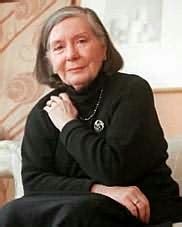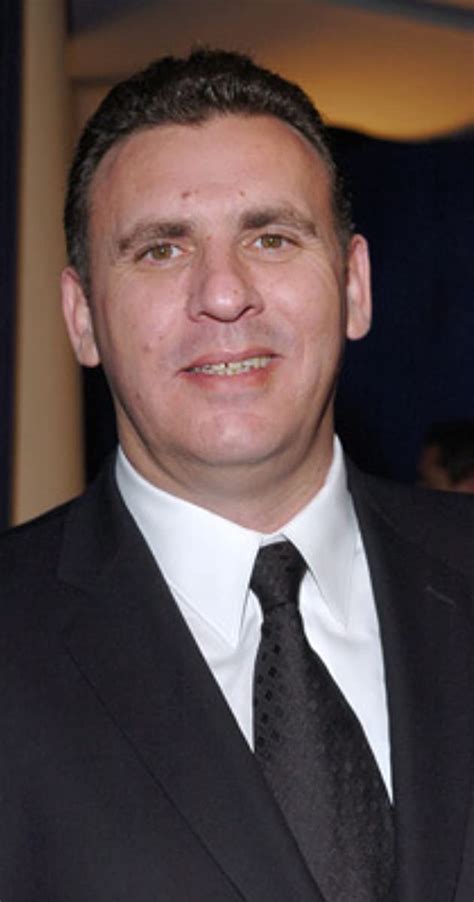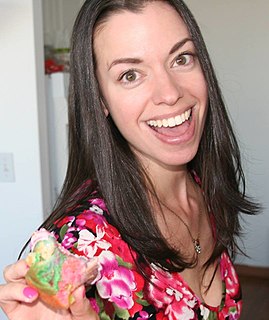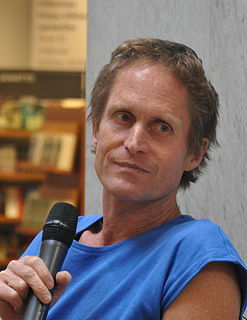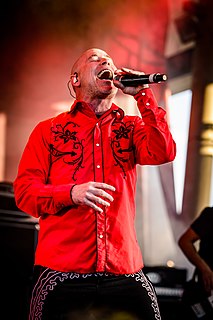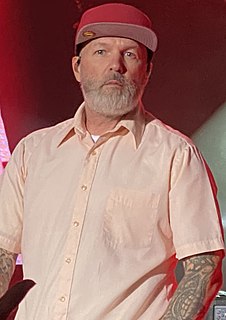A Quote by Scott Westerfeld
Maybe they didn't want you to realize that every civilization has its weakness. There's always one thing we depend on. And if someone takes it away all that's left is some story in a history class.
Related Quotes
This kind of thing always amazed Ginny--people who just walked away from institutions. People who left school when they didn't see the point. Aunt Peg had done that. Ginny knew she never would. That either made her someone who worked hard and finished things, or someone who didn't have the guts to break away from the pack. Maybe both.
That's the tricky thing about being bonded to someone for life. Blake and his dad are bonded like I'm bonded with Erin. We're irrevocably tied together by history, a history that can never be erased. Even if you want to deny it, even it you want to pretend it never existed, it will always be a part of you. It will always, in some way, define who you are.
It's a curious thing, this thing we call civilization...we think it is an affair of epochs, and nations. It's really an affair of individuals. One brother will be civilized and the other a barbarian...All civilization comes through literature now, especially in our country. A Greek got his civilization by talking and looking, and in some measure a Parisian may still do it. But we, who live remote from history and monuments, we must read or we must barbarise.
You have to learn to say no not just to things you don't want to do, you have to say no to things that you want to do, things that are good to do. You have to realize that every time you say yes to one thing you've got to take something else off the plate. Critically, I think you have to realize that it's easier to say no than to say maybe.
There was this famous clash of civilization thesis from Samuel Huntington, a political theorist. And the idea was that Western civilization is at war with Islam and maybe some of the other civilizations around the world. And I don't agree with that. But I do think there is such a thing as Western civilization. I think it starts with the Greeks and the Romans. Then it goes through the Enlightenment - or the Reformation, the Enlightenment. It goes through the scientific age. And it somewhat defines some of the cultures and mores of Europe and North America and some other countries.
For me, on every project, I realize that I've boxed myself into a corner, or that the play necessitates some sort of theatrical convention that I realize I hate while I'm making it. So then the next play is always a rebellion. Or like, the thing I didn't even realize I was doing last time I will make sure I don't do this time. But there's always some other blind spot. And then that blind spot inspires the play that comes after.
Zach walked away, but I stood there for a long time, wondering if I should go to my mother; if I should go to my friends; but instead I slipped into the corridors I hadn't used in months, pushed my way through cobwebs and darkness, trying to walk away from the tears that burned hot down my cheeks, because maybe I didn't want to admit weakness; maybe I wanted to wallow in my solitude and grief. Or maybe crying is like everything else we do—it's best if you don't get caught.



